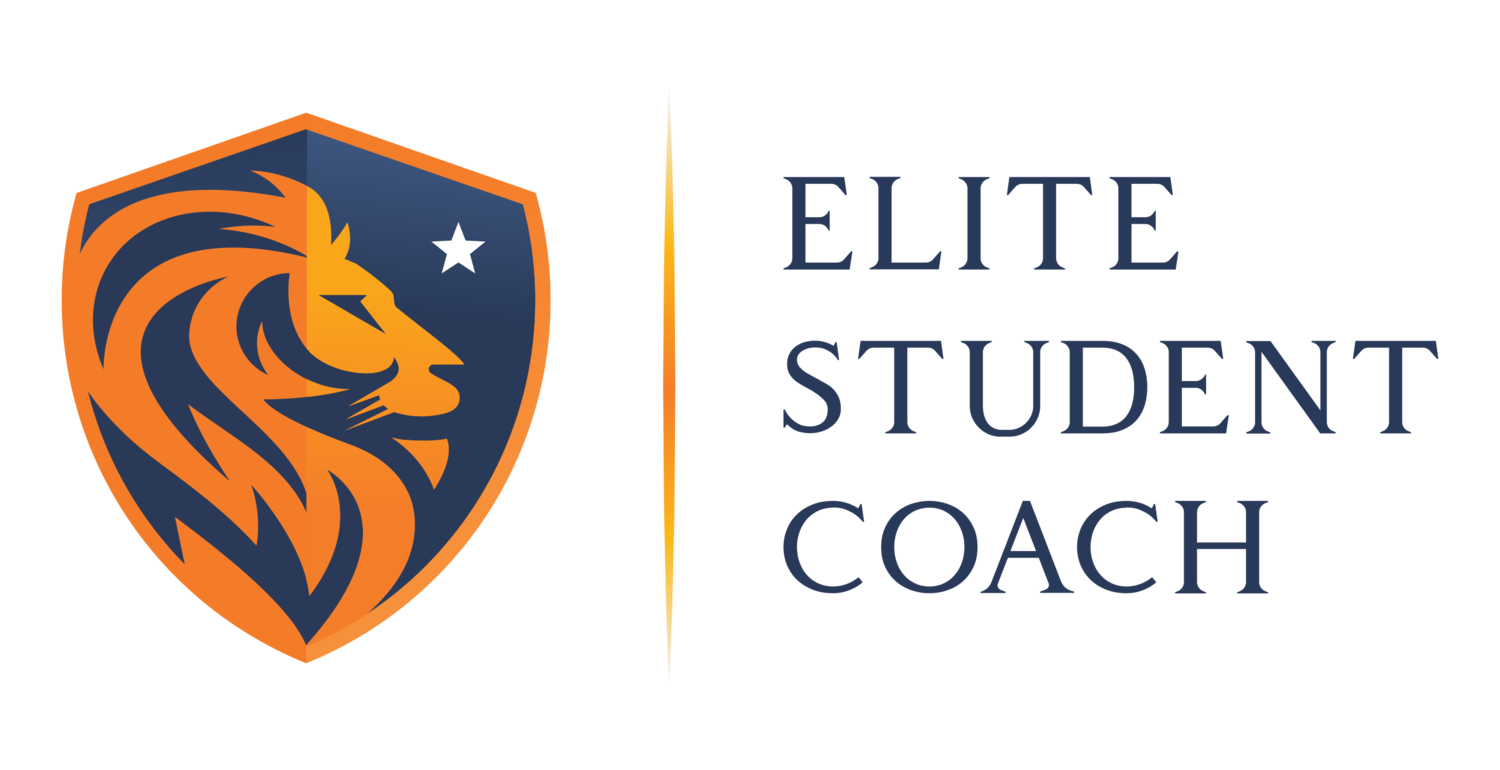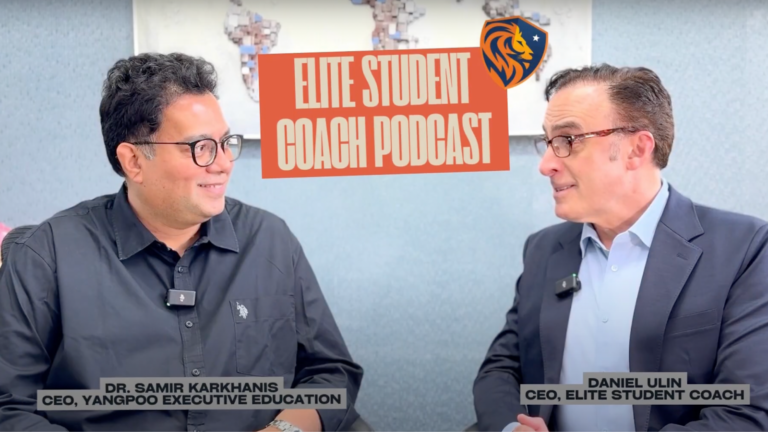Dr. Samir Karkhanis is the most prominent figure for Indian education in the 21st century.
He runs an educational initiative that partners with global institutions like Harvard Business School to bring high-quality educational programs to students in India and around the world.
His organization, Yangpo Education, aims to make elite educational experiences accessible and affordable through digital platforms, catering to a diverse student body across various countries.
I sat down with Dr. Karkhanis and discussed the future of higher education around the globe.
How are Indian students being prepared to be global citizens?
Dr. Karkhanis began by recounting his dive into educational reform in India, marked by a groundbreaking alliance with Harvard Business School.
This partnership aimed to transcend geographical and economic barriers by delivering Harvard’s acclaimed educational experience through digital platforms to Indian students.
“Harvard recognized the potential of our mission to transform education in India, allowing us to bring their esteemed programs right to the students’ screens,” Dr. Karkhanis explained.
By leveraging Harvard’s extensive resources and academic prowess, the collaboration has effectively brought world-class education to students across India, who might otherwise not have the opportunity to engage with such promising learning experiences.
The availability of these courses on digital platforms means that students from different socio-economic backgrounds and remote locations can participate without the need to travel or pay the high costs typically associated with attending an institution like Harvard.
How are these global networks between universities being built?

In short – these relationships were built with hard work and determination to give the same level of education a kid from Boston would have to a kid from Mumbai.
Under Dr. Karkhanis’s leadership, Yangpo Education has become synonymous with excellence and innovation, forging ties with notable global institutions like Harvard,IESC Barcelona, and other esteemed Indian universities.
These partnerships focus on delivering customized educational programs that address the dynamic requirements of today’s global workforce.
For example, an Indian student might never have the opportunity to learn about topics like digital marketing.
Dr. Karkhanis passionately detailed the collaborative efforts with Harvard Business School Online, emphasizing their transformative impact.
“We’ve introduced programs that blend Harvard’s rigorous academic frameworks with practical, real-world applications, accessible to students across India and beyond,” he stated.
This initiative not only democratizes education but also enhances it by integrating diverse perspectives from a global student body.
What new experiences do programs like this bring?
Expanding on the international scope of his projects, Dr. Karkhanis highlighted the global reach of the online programs, which attract students from over 100 countries.
“These programs create a melting pot of cultures and ideas, enriching the educational experience and fostering a network of global thinkers,” he noted.
This international integration helps cultivate a broad-minded, inclusive approach to education that prepares students for the globalized world.
Dr. Karkhanis ensures that the content is not just academically rigorous but also culturally inclusive. Courses are designed to incorporate case studies and examples from various regions, making the content relevant to a global audience.
This relevance is crucial for engaging students and helping them see the practical applications of their learning in their local contexts.
For example, the programs often include discussions and projects that require students to work in culturally diverse teams, simulating real-world global work environments.
Features like discussion boards, synchronous classrooms, and group video calls allow for dynamic interaction and collaboration that bridge the physical distances between students and the many languages they speak
What are the challenges with managing international programs like this?
While this program and Dr. Karkhanis have made massive positive changes to the educational landscape, it hasn’t all been smooth sailing.
For example, language barriers remain a problem when you’re constantly translating lectures and assignments.
After all, even if the programs are for everyone, how does it work if only a small percentage of students are fluent in English?
To combat this, the use of many translation apps and other programs are used to offer the same experience no matter where you live or what language you speak.
Where does Dr. Karkhanis think the future of education is headed?

In one word – global. This is especially true for technology in education.
Dr. Karkhanis elaborated on how his online programs utilize cutting-edge educational technology to bridge the gap between high-quality education and accessibility.
He cited the use of interactive platforms that facilitate real-time interactions among students and faculty across different continents as crucial to fostering an inclusive learning environment.
For example, he mentioned a collaborative project where students from India, Europe, and Africa worked together to solve a business case study, using a shared digital workspace to communicate and share resources.
This not only enhanced their learning experience but also prepared them for the culturally diverse work environments they will likely encounter in their careers.
Another significant point of discussion was the importance of cultural competency in a globalized job market.
I highlighted how my program, Elite Student Coach, integrates modules on cultural awareness and communication into its curriculum.
He then provided an example of a course specifically designed to teach students how to effectively communicate and negotiate across cultures.
This course includes simulations of business negotiations with virtual counterparts from different cultural backgrounds, teaching students strategies to overcome potential cultural barriers and to leverage cultural diversity to their advantage.
What can students do to prepare for the future of education?
In Dr. Karkhanis words, “One thing is very clear in this new age digital first world, you can’t do everything alone. So what do you do if you can’t do anything alone? You have to collaborate and you have to collaborate and work through diverging views. You have to collaborate with very opposing minds. And so that calls for team engagements”
Collaboration between students and teachers, mentors and trainees, and the future leaders of the world.
Many cultures like Japan teach the importance of hard skills like equation solving and dedication, whereas others like the US and Europe prioritize soft skills like creative writing and ethics.
Dr. Karkhanis believes that to get the most out of our globalized world, we shouldn’t make a one-size-fits-all program or test.
Instead, we should be leveraging each other’s strengths and differences to solve the problems of the 21st century.
And at Elite Student Coach, we couldn’t agree more.
Dan Ulin mentors exceptional college-bound teens to gain admission to the schools of their dreams and achieve lifelong success.
The admissions landscape has become maddeningly complex for kids and parents alike. Dan addresses this problem by streamlining the process and empowering enterprising teenagers to navigate the college prep and applications hedge maze, earn higher grades and test scores, become confident, world-class communicators, learn how to mentor others, acquire and monetize critical entrepreneurial skills, sharpen their critical thinking faculties, maximize their productivity, and showcase their talents.


